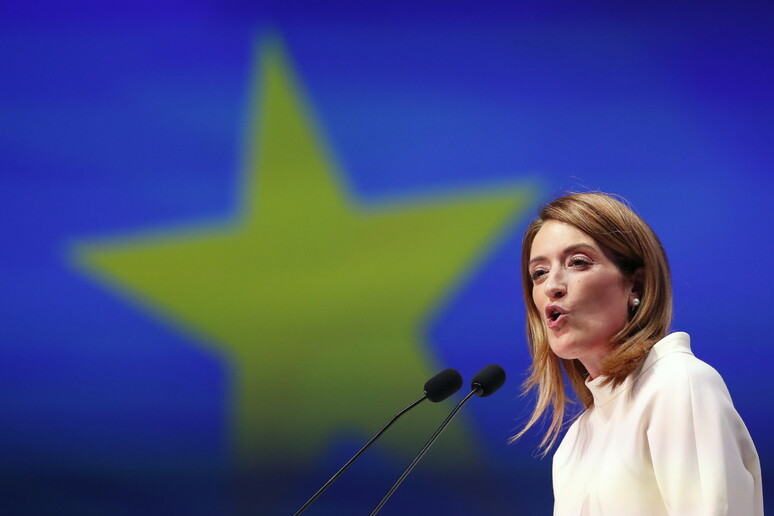Europe has reached the finishing line
of the AI Act, a monumental framework of rules on artificial
intelligence that make the EU the world's leader in the
regulation of the new technology.
With a huge majority, the European Parliament gave final
approval to the AI Act, which will now have to be adopted by the
European Council before becoming law.
That is a formality after EU ambassadors last month gave the all
clear, overcoming the last resistance to the law.
The framework of rules for the development, introduction onto
the market and use of AI systems in the EU is held up by a
delicate balance between the drive for innovation and the
protection of human rights, democracy, the rule of law and
environmental sustainability.
The risk-based approach adopted by the legislation, under which
a series of obligations are given AI system developers and
providers on the basis of the different levels of risk
identified, is innovative.
When the risk is unacceptable, bans kick in.
This is the case, for example, of manipulative techniques,
predictive policing and emotion recognition, which have been
banned in schools and places of work.
And then there is the case of facial recognition, which is
allowed only for law-enforcement authorities and subject to
strict conditions.
Another new element is the section devoted to generative AI,
which was inserted midway with the aim of giving an initial
response to the concerns raised by the extremely fast spread of
systems such as ChatGPT.
"Democracy 1 - Lobby 0" Internal Market Commissioner Thierry
Breton posted with satisfaction on X after remaining unbowed by
pressure from Paris, which wanted a lighter hand on generative
AI to promote the rising stars of French business, Mistral first
and foremost.
X was awash with enthusiastic comments on the vote, starting
with European Commission President Ursula von der Leyen, who
said the new rules would be "a model for reliable AI all over
the world".
European Parliament President Roberta Metsola said he was
"proud" on behalf of the MEPs for an act "that combines
leadership, innovation and the respect for fundamental rights".
Rome toasted the vote too, with Undersecretary Alessio Butti
lauding the "serious, silent" work of the Meloni government to
"make prevail the Italian line aiming for certain, slender
rules, instead of simple self-regulation by the companies".
The co-rapporteur of the AI Act, Brando Benifei, saw things
differently, saying the Italian government had been "very absent
and sometimes confused" during the negotiations.
Aside from the political friction, the head of the Democratic
Party (PD) delegation in the parliament said it had been a
"historic day", stressing that the final text "reflects the
priorities of the European Parliament a great deal, something
that does not happen very often".
Italy's ruling majority and opposition parties voted in favour,
with the exception of the 5-Star Movement (M5S), which warned of
the risk of creating "entry barriers, increasing divides and
discouraging European innovation".
This was not the only critical voice.
Amnesty International said it was "disappointing" that the EU
had given "priority to the interests of industry and the forces
of law enforcement over the protection of human rights".
Business Europe called for the EU to support "companies that
innovate" and to facilitate "access to capital and funding for
the development of AI".
This is because Europe still has lots of ground to make up in
the AI race.
ALL RIGHTS RESERVED © Copyright ANSA











